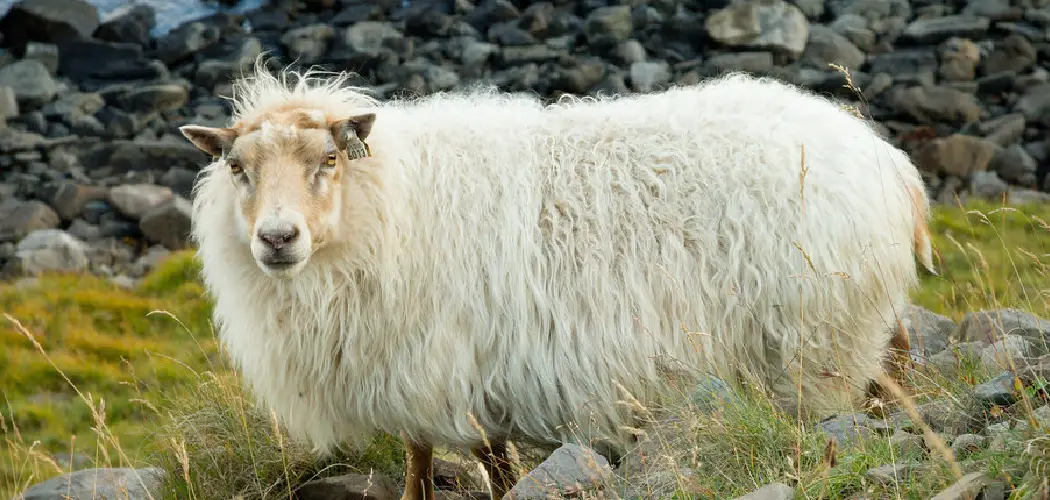Have you ever wondered what other cultures view as spiritual? Humans often look to different forms of spirituality to better understand our lives and the world around us. In Iceland, sheep have long held a special place in the culture – and have become symbolic of fertility, abundance, and much more.
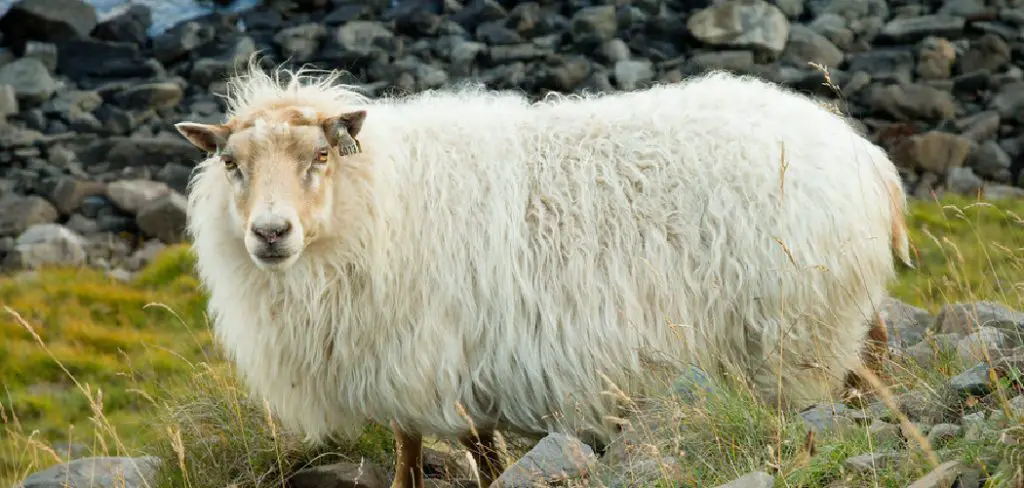
This article explores the Icelandic sheep spiritual meaning, delving into their deep cultural symbolism and how it is so integral in shaping Icelandic life today. Discover how Icelandic farmers interact with their flocks and why they consider them sacred beings capable of connecting worlds between nature and divine forces – even inspiring tales that continue to captivate generations upon generations!
Icelandic Sheep Symbolism and Meaning
Icelandic Sheep Native American Symbolism
The Icelandic sheep is a fascinating animal with a rich history steeped in mythology and symbolism. These sheep are truly special, from the ancient Norse people who kept them for their wool and meat to the modern-day American farmers who raised them.
But did you know they also play a significant role in Native American symbolism? For many tribes, the sheep represents abundance, hospitality, and the importance of community and togetherness. Through their wool, these sheep provide warmth and comfort, reminding us that we are stronger together than alone. It’s no wonder they are so highly esteemed in so many cultures!
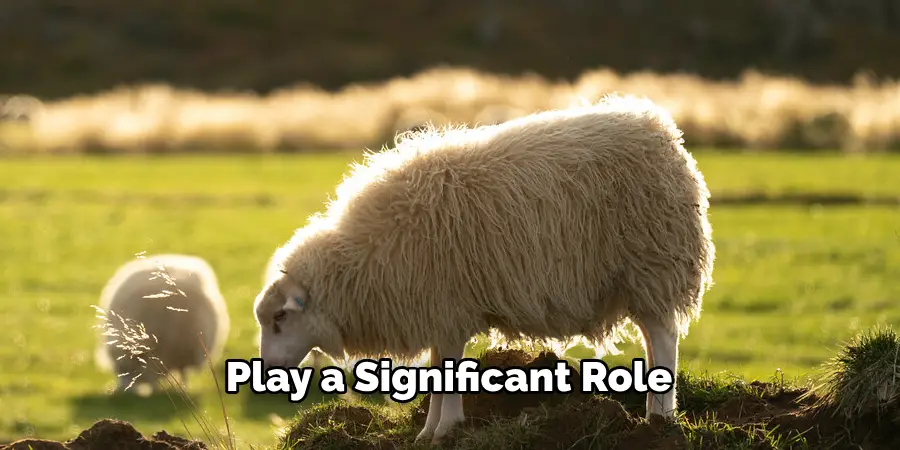
Icelandic Sheep Eastern Symbolism
Icelandic Sheep wool is highly regarded for its quality and texture, and the sheep themselves have become a symbol of Iceland’s rugged and independent spirit. However, there is also a deeper symbolism behind these fascinating animals that often goes overlooked. In Eastern cultures, sheep symbolize purity and innocence and are often associated with religious rituals and sacrifices.
This sharply contrasts with Western cultures, where sheep are often seen as meek and obedient creatures. By exploring the rich and complex symbolism of Icelandic Sheep, we can gain a deeper appreciation for the unique cultural heritage of this incredible country.
Icelandic Sheep Christianity Symbolism
The Icelandic sheep may seem like an unlikely symbol of Christianity, but their significance is deeper than their woolly exterior. These resilient animals have long been a staple of Icelandic culture, providing food, clothing, and warmth in the harsh northern climate. But beyond their practical value, Icelandic sheep have played a significant role in the country’s spiritual life.
For centuries, they were used as sacrifices in pagan rituals, but with the arrival of Christianity in the 10th century, their symbolic meaning began to shift. Today, the Icelandic sheep is often used as a metaphor for Christ and his role as the sacrificial lamb – a complex and fascinating intersection of religion and culture that has profoundly shaped the Icelandic identity.
Icelandic Sheep Celtic Symbolism
The Icelandic sheep is not just a fuzzy and adorable farm animal but also holds significant cultural importance in Celtic symbolism. Known for their hardiness and resilience in harsh climates, Icelandic sheep represent perseverance and strength. The Celts believed in the interconnectedness of all things; thus, the image of a sheep was used to represent new beginnings and spiritual rebirth. The intricate designs of Celtic knotwork often incorporated images of sheep, further solidifying their symbolic significance. With their wooly coats and majestic horns, the Icelandic sheep is truly a fascinating creature embodying physical and spiritual strength.
Icelandic Sheep African Symbolism
Icelandic sheep and African symbolism may seem unlikely, but both have a fascinating history and cultural significance that intersect in unexpected ways. Icelandic sheep are known for their hardiness and adaptability in harsh Arctic climates and have been a vital resource for the people of Iceland for centuries. Meanwhile, African symbols are rich with meaning and communicate complex ideas and concepts in a visual language passed down through generations.
When these two seemingly disparate elements come together, the result is a unique fusion of tradition and creativity that speaks volumes about the resilience and creativity of our shared human experience. Whether you are a lover of Icelandic sheep wool products or an enthusiast of African art and culture, the connection between these two worlds is sure to inspire and fascinate you.
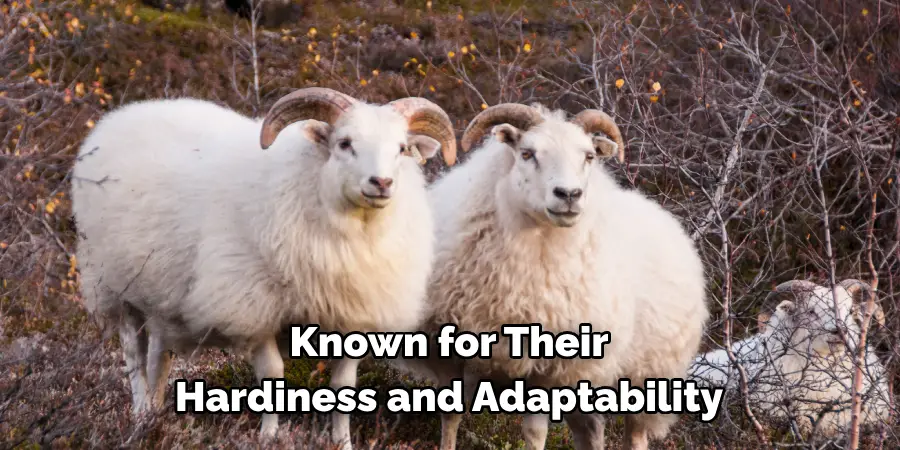
Icelandic Sheep Spiritual Meaning
The Icelandic sheep is more than just a fluffy farm animal. For centuries, it has held a deep spiritual meaning for the people of Iceland. These hardy creatures have been integral to Icelandic culture and folklore, representing resilience, strength, and adaptability.
According to legend, the first Icelandic sheep were brought to the island by the Vikings, who considered them sacred animals with mystical powers. Many Icelandic people still honor the sheep’s spiritual significance, and some believe they possess healing properties that can cleanse negative energy and promote positive emotions. Whether you believe in the Icelandic sheep’s spiritual meaning or not, there’s no denying the fascinating history and cultural significance behind this iconic breed.
Icelandic Sheep in Dreams
There is something mysterious and captivating about how our minds conjure surreal images in our dreams. Every now and then, some peculiar detail sticks with us long after we wake up. For some, that detail might be the presence of Icelandic sheep in their dream world. Though not the most common sight, something is intriguing about these woolly creatures that make them perfect dream symbols. Perhaps their rugged, majestic appearance gives them an otherworldly quality. Maybe it’s the fact that they hail from a far-off place, only adding to the mysterious allure. Whatever the reason, these small details make our dreams so enchanting.
Icelandic Sheep Encounters and Omens
Iceland has always been mysterious, with its stunning landscapes and folklore that captivates the imagination. One of the most intriguing aspects of this land is the Icelandic sheep, famous for their wool, meat, and even encounters with travelers. These curious critters can be seen roaming the hills, sometimes approaching people with an inexplicable sense of knowing.
According to Icelandic folklore, encountering these sheep is often accompanied by omens- some good, some bad. For example, it is a positive sign if the sheep look at you while grazing. However, if the sheep run away when spotting you, it is seen as a sign of impending doom. These encounters and omens only add to the already magical atmosphere of Iceland, making it a fascinating destination for all who seek adventure and enchantment.
Icelandic Sheep’s Meaning in Mythology and Folklore
The Icelandic sheep has a rich and fascinating history in mythology and folklore. According to ancient Icelandic legends, the sheep symbolizes perseverance, endurance, and strength. It was even believed that the meat of the Icelandic sheep had magical properties that could provide people with both physical and emotional healing.
In addition to its symbolic significance, the Icelandic sheep played a crucial role in the survival of Iceland’s early inhabitants. Its wool was used for clothing and shelter, providing a reliable food source for centuries. Today, the Icelandic sheep remains a beloved animal representing the resilience and self-sufficiency of Iceland’s rural communities.
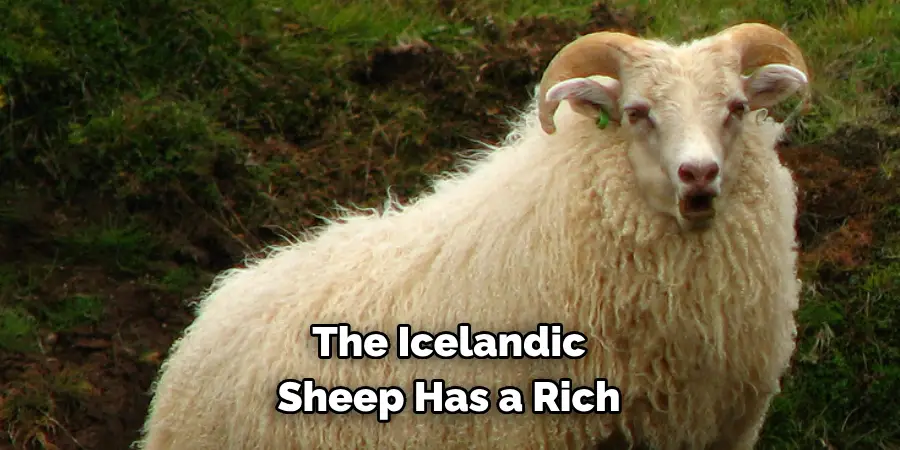
Icelandic Sheep Totem Animal
Ancient Icelandic folklore tells of the mystical power of the sheep, which serves as the totem animal of this ruggedly beautiful land. Revered by farmers and mythologists alike, the Icelandic sheep is a symbol of resilience, determination, and endurance.
These hardy creatures have evolved to survive in a harsh, unforgiving environment, and their wool has sustained generations of Icelanders through long, bitter winters. As a totem animal, the Icelandic sheep fosters a connection to the land and to the ancient traditions of Iceland’s indigenous people. Whether wandering the windswept highlands or grazing in the lowlands, these animals are a cornerstone of Icelandic culture and a testament to the powerful bond between humans and nature.
Icelandic Sheep Tattoo Meaning
Icelandic sheep are known for their uniquely beautiful wool, but did you know that they have also become a popular subject for tattoos? Many people adorn their bodies with a depiction of these charming creatures, but what do they symbolize?
The Icelandic sheep tattoo’s meaning can vary depending on the individual but commonly represents a connection to nature, Iceland, or a personal connection to the breed itself. For some, it may simply be a reminder of a fond memory or an appreciation for the animal’s resilience in the face of Iceland’s harsh climate. No matter the reason, an Icelandic sheep tattoo will surely bring a smile to anyone who sees it.
Icelandic Sheep Spirit Animal
Among the many animals found in Iceland, the Icelandic sheep is considered a special creature. Its woolly coat can withstand the country’s harsh and ever-changing weather conditions, and its docile nature makes it a favorite among locals and tourists alike. But did you know that the Icelandic sheep is also considered a spirit animal? In traditional Icelandic folklore, the sheep symbolizes strength, endurance, and independence.
The country values these traits, especially given its rugged and unforgiving terrain. For some, the Icelandic sheep represents resilience in the face of adversity, a reminder to never give up no matter the circumstances. Others see the sheep as a symbol of freedom, a reflection of Iceland’s fiercely independent spirit. Whatever your interpretation, there’s no denying that the Icelandic sheep is a cherished and revered part of the country’s cultural heritage.
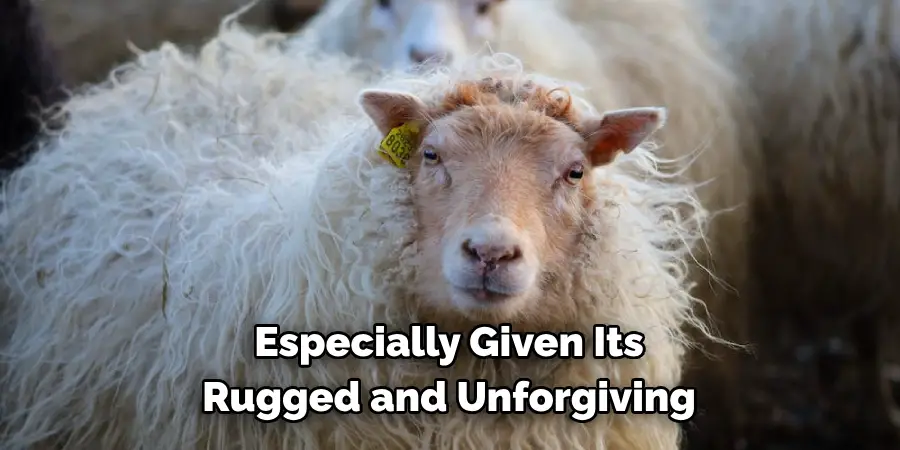
Conclusion
By exploring the spiritual meaning of Icelandic sheep, we can gain a greater appreciation for their role in Norse mythology and see the bond between them and humanity. We recognize these animals’ significance, from their power to evoke emotion to their connection with divine forces. This isn’t only helpful in understanding Norse tradition but can deepen our connectedness with all forms of life.
As we honor Icelandic sheep, we might consider how our presence influences the world around us – both in the spiritual and physical realms. So, ponder the duality that makes up nature – often tangible and intangible. Let us then strive to create a harmonious balance that respects the sacred relationship between humans and all living creatures, particularly those with spiritual meaning, like Icelandic Sheep. Thanks for reading our post about the icelandic sheep spiritual meaning.
You can check it out Angora Goat Spiritual Meaning, Symbolism and Totem

